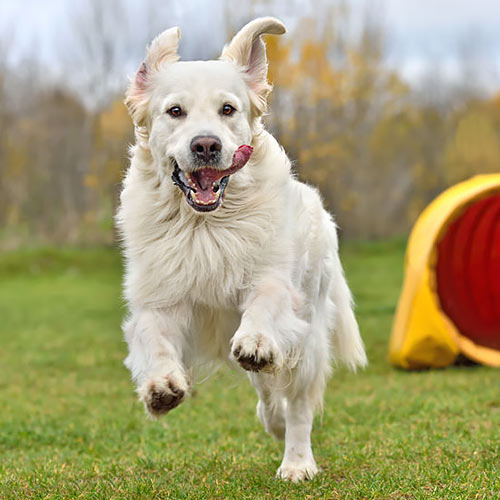Sometimes beginner trainers get the feeling that they will always be on cloud nine with no problems etc. But in a real world, there will be problems and down times. Just like with most other jobs, the dog trainer will encounter high moments and low moments. Yes, there will be days when you don’t feel like training or answering the phone. And there will be days when you just can’t wait to get started training.
The times in which you make a break-through with a problem dog will be a rewarding moment. Maybe it’s that fearful dog that takes a step of trust towards you for the first time. Possibly it’s the ultimatum given by a client who says, “You’re my last option. If you can’t fix the problem, I’m going to have her euthanized.” And…you get the problem fixed. Whew! Those are high times.
Then there’s the low times when you have a client who just simply will not be satisfied with you no matter how hard you try. Or the client who doesn’t follow your instructions for maintenance training and blames you for the dog’s poor behavior. Maybe it’s the day that one of your favorite employees quit. Most of your low moments will come from people.
Just like with other jobs, the dog trainer must learn to handle these emotions. Most times, that ornery client isn’t making a personal attack on you (although sometimes they do). It’s just that they aren’t satisfied with their own job, their home life, their marriage, their in-laws, their car, etc. Chances are good they won’t be satisfied with their dog trainer either: not because of you, necessarily, but because they have acquired a victim mentality where everyone will displease them. You must learn to not take this personally. Yes, reflect on how you can do better next time, but don’t let it question your expertise or professionality.
Most of your high moments will come from the dogs themselves. You’ll see their behavior dramatically improve. You’ll notice a keener attention to you during the training exercises. You’ll bring that dog to its highest potential and send him home far better than when he first came. And that’s what you’re here for: to effectively train dogs and improve that human/dog bond through education and training.
It may be a good idea to find a close friend, maybe another trainer, who you can constructively share your emotions with; let your hair down and just be you again. Laugh, share frustrations, pick up the leash, and get going again. There are many dogs and clients who need your skills.

